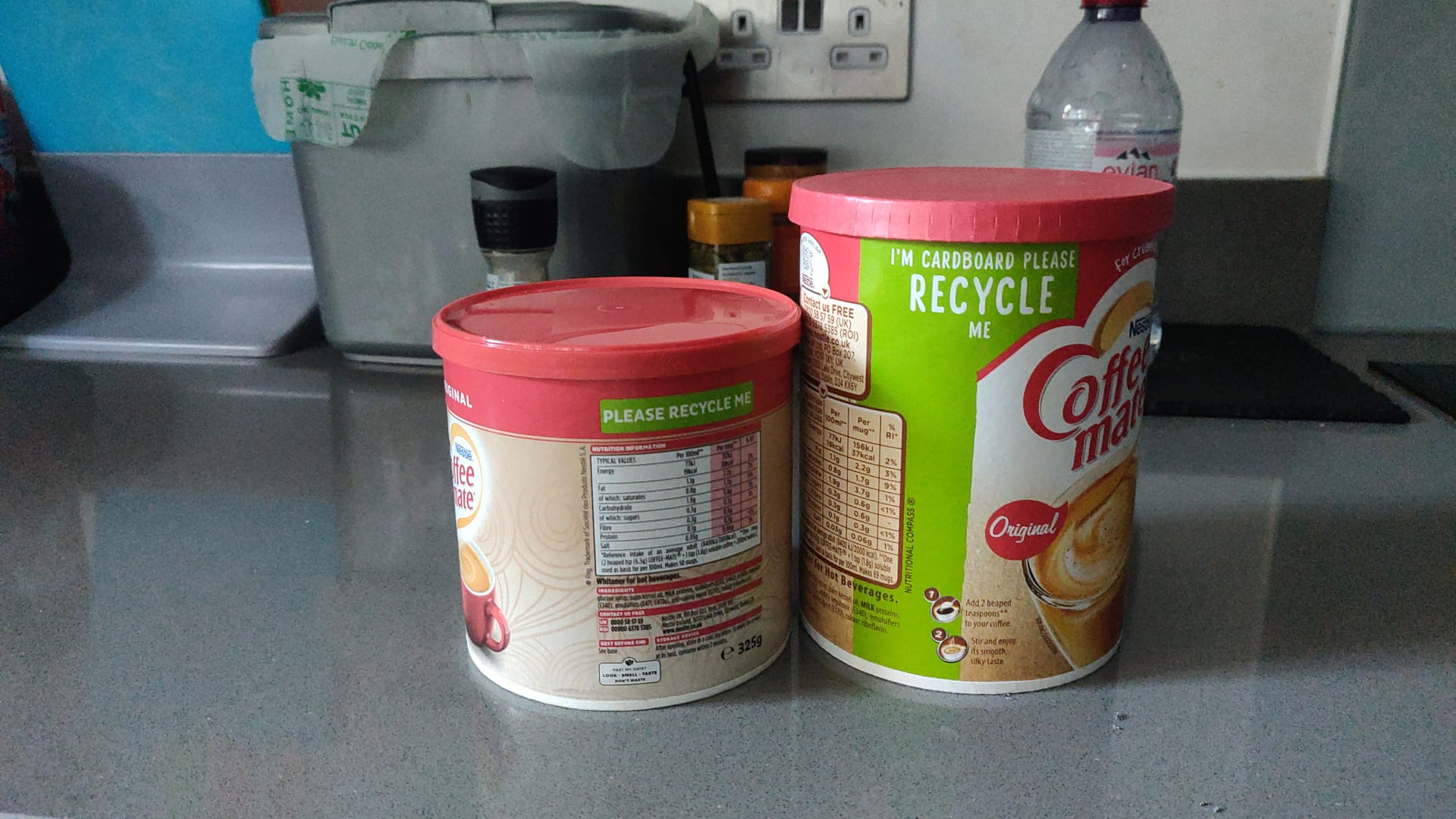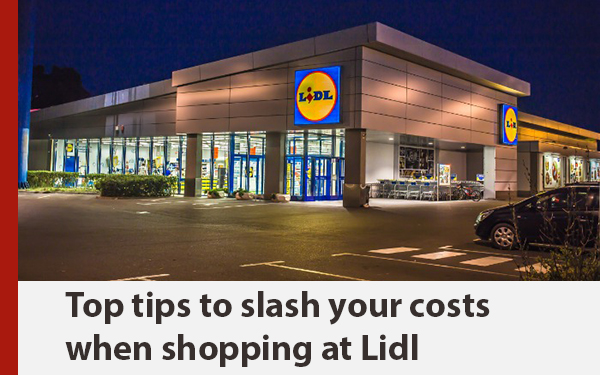Soaring costs, shrinkflation, convenience store rip-off: why our trust in supermarkets is falling

Faith in supermarkets has dropped sharply among shoppers, as the cost of our food continues to rise.
If you are feeling a bit put out by your local supermarket, you aren’t alone.
A new study from the consumer champions Which? has found that trust in supermarkets has dropped to its lowest level in 10 years.
In fact, trust is so low that Which? described it as being comparable to the days of the horse meat scandal that rocked the supermarket industry.
The survey comes at a time when our spending on food has continued to rise at an eye-watering rate.
So what’s driving this lack of trust? And what can we do to have a better relationship with our supermarkets?
Why our trust in supermarkets is falling
Separate research from Which? gives us a pretty good insight into what's behind our falling confidence in supermarkets.
1. Convenience store rip-off
There are issues around the pricing in convenience stores, for example, which tend to be more expensive and don’t always stock budget items.
Around two-thirds of respondents to a Which? study felt that shoppers in these stores are being ripped off.
But it’s not just the pricing in convenience stores that is the issue here ‒ it’s the pricing everywhere.
Because the reality is that no matter where you shop, the cost of your food has increased significantly over the last year, and it doesn’t look like that is about to stop anytime soon.
2. Rising food prices
It's no secret that supermarket prices are ridiculously high.
We highlighted yesterday how some goods now cost 130% more than they did a year ago.
And while the rate of food price inflation is finally slowing – the latest ONS figures put it at 11.5% – chances are we aren’t seeing any actual benefit in the cost of our food at the till.
Because it doesn’t mean that costs are falling; they are still rising incredibly quickly, just a bit less rapid compared with the month before.
As a result, even as that rate starts to come down ‒ assuming it continues to in the months ahead ‒ our finances will continue to come under ever greater pressure as food prices will still be rising overall.
Given that inflation generally continues to be much higher than the Bank of England’s 2% target, despite successive hikes to the Bank Base Rate, our money is under strain from every angle.
3. The scandal of shrinkflation
It’s not just the headline increases to food prices that is hurting households, and damaging our levels of trust in supermarkets though. It’s also clear that we are becoming far more adept at spotting ‘shrinkflation’.
This is where the size of a product is reduced, but the price we pay doesn’t move.
We've highlighted issues with this particular trend on loveMONEY before (see image below of an egrigious example spotted by a staff member in their weekly shop), but it’s worth noting that awareness of it is growing among shoppers.

A study earlier this month by Barclays found that around two-thirds of shoppers have spotted products being sold in smaller sizes without the price changing.
Certain products were pinpointed as being particularly impacted here, such as chocolate, crisps and packs of biscuits.
As a result, even as your supermarket shopping bill goes up, it may be that you have less food to show for it.
Hunting for deals
Inevitably given the price rises we are facing, all of us will have been taking extra measures to try to cut our food costs.
Nine in 10 respondents said they were worried about the cost of food, with almost six in 10 (57%) opting to buy cheaper items.
Around four in 10 (39%) said they have shopped around in order to save money.
Once again, there can be issues around trust here too.
Earlier this Summer, Which? suggested that Tesco may be breaking the law by failing to highlight unit costs for products included in its Clubcard Prices promotion, potentially making it harder for shoppers to make informed decisions.
Making our money stretch further
Most of our big supermarkets have made a lot of noise about price promotions in recent months.
In some cases, these have been the unveiling of new reduced prices for those who are members of the supermarket’s loyalty schemes, while others prefer simply to cut prices, as we saw this week from Waitrose.
The thinking is obvious here ‒ they want to keep our custom as much as possible, or attract those who are shopping around.
It’s not exactly a surprise that Aldi and Lidl have seen significant increases to their market share, when virtually everyone else has lost customers overall.
Ultimately the only way we are going to have a better relationship with supermarkets is by removing any sense of loyalty we feel towards them, and instead open ourselves up to shopping around.
We can then take advantage of those various deals and ensure we get the best possible value for money.
Comments
Be the first to comment
Do you want to comment on this article? You need to be signed in for this feature
